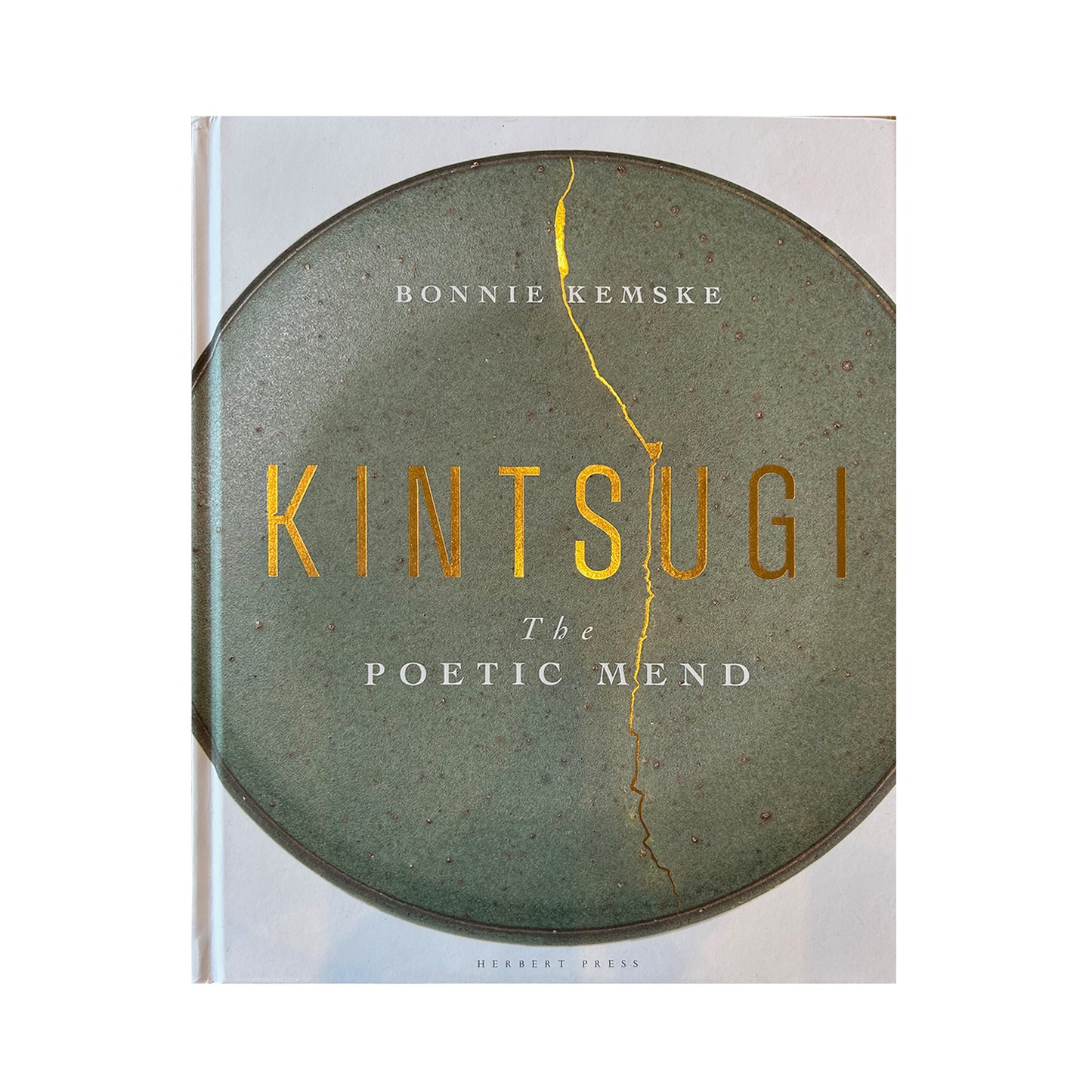Kintsugi - The Poetic Mend
Couldn't load pickup availability
By Bonnie Kemske
Kintsugi is the Japanese art of repairing broken pottery with lacquer mixed with a precious metal, usually gold, silver, or platinum. The technique celebrates the history of the object and, rather than disguising a repair, highlights it and makes it beautiful.
Kintsugi has come to the West, where it found fertile ground through its kinship with the current trend of 'make do and mend', as well as for its lyrical metaphoric loading, which has been used in areas such as psychology and therapy, well-being, music, and emotional healing and spirituality. It is also being presented as a model for sustainability.
This book explains what traditional kintsugi is and how it is done, giving historical examples and using interviews with traditional kintsugi masters in Japan. It reflects on the possible reasons for its development, looking especially at a cultural attitude of "creativity through destruction." Different kinds of repairs will be discussed, including the earlier "staple" repair often seen in Chinese ceramic wares and the development of yobitsugi, in which shards from different vessels are pieced together in a patchwork, and other kintsugi techniques.
The underlying concept of kintsugi, which encompasses the wabi aesthetic of accepting the imperfect, has struck a chord in other fields such as fine art, textiles, graphics, and product design. The metaphoric richness of a broken pot made stronger and more beautiful is both universal and deeply personal. This book discusses how this is being used in music and literature, with the inclusion of short works of fiction and/or poetry separating the chapters.
Bonnie Kemske is a professional writer and critic, as well as a ceramic artist with a Ph.D. from the Royal College of Art, UK. She was editor of Ceramic Review from 2010 to 2013, and has contributed articles to many international magazines. In 2013 she curated an exhibition of tea bowls at the Embassy of Japan in London.
Bloomsbury Publishing, 2021, hardcover, 9.25 x 11.5 inches, 176 pages.


